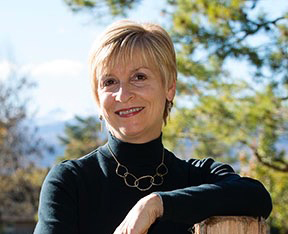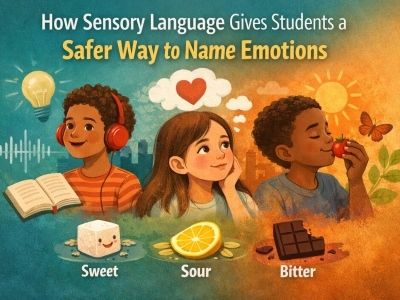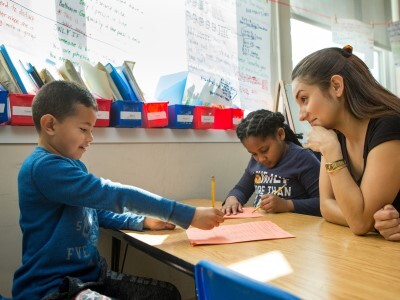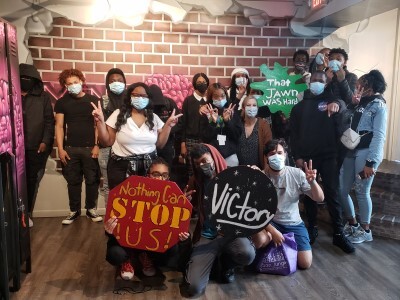Rebuilding for Equity, Safety, Wellness, and Learning
Topics
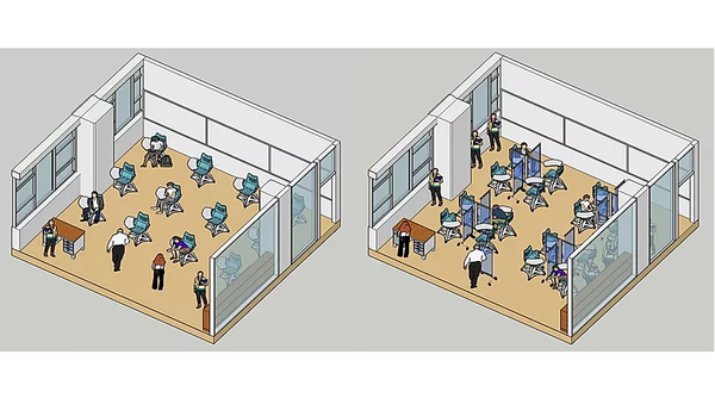
Together, educators are doing the reimagining and reinvention work necessary to make true educational equity possible. Student-centered learning advances equity when it values social and emotional growth alongside academic achievement, takes a cultural lens on strengths and competencies, and equips students with the power and skills to address injustice in their schools and communities.
As schools plan to reopen, this toolkit provides ideas for creating physical spaces that support social distancing and other health-related requirements for arrival and classroom learning.
All reopening preparation must consider the needs of medically fragile family members, individuals with disabilities, people of color, and other groups who have been disproportionately affected by the consequences of the pandemic.
—Eric Tucker, co-founder and executive director, Brooklyn Laboratory Charter Schools
NGLC grantee Brooklyn Laboratory Charter Schools (LAB), in collaboration with Urban Projects Collaborative (UPC) and five leading design firms: Gensler, PBDW, PSF Projects, SITU, and WXY, has launched a new resource for schools across the U.S. to use as they plan for reopening in the wake of the pandemic.
The “Back to School Facilities Tool Kit” serves as a visual guide for schools preparing to reopen after COVID-19 closures, presenting multiple ideas for facilities interventions focused on creating an environment that supports social distancing and other health-related requirements for both the journey to school and the classroom experience.
The toolkit, which will continue to evolve in response to the realities of the pandemic, puts equity at the core, offering solutions that will serve all community members, particularly students with disabilities. This comprehensive planning resource is designed to help schools create fair, equitable plans to reopen their doors, while also protecting the well-being of all students, teachers, staff, and their families. It reflects insights and addresses concerns from public health experts, students, teachers, parents, guardians, and schools.
Ideas from the toolkit include:
- How to map a journey from home to school that integrates new requirements for health and safety. The first set of ideas focuses on the arrival and entry process as students and staff transition into the building, taking into consideration the egress challenges many schools face.
- How to upgrade classrooms to comply with social-distancing requirements. The second set of ideas focuses on practical and feasible re-mapping of classrooms, breakout rooms, and common spaces. These classroom upgrades focus on service mandates for students with disabilities and the well-being of all members of the school community.
Beyond meeting standardized health and safety recommendations from education leaders, the toolkit is focused on meeting the needs of all students, especially students with disabilities. It is designed to be practical and easy to adapt to ever-changing circumstances, and it is modifiable for use by other schools in other contexts.
To support sharing of ideas and resources for reopening schools, NGLC has updated our crowd-sourced School Closures: Practitioner Resources for Teaching & Learning hub by adding a new strand: support for safely and equitably reopening school buildings. We invite you to investigate these new resources and share your own!
Images at top courtesy of Brooklyn LAB and toolkit partners.

